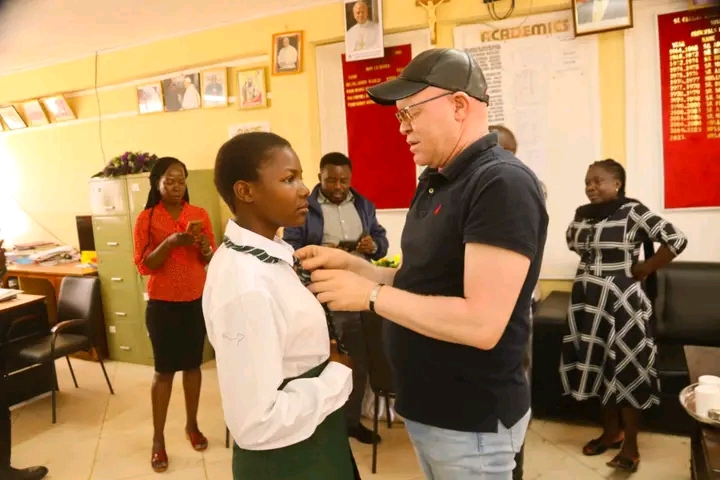As KJSEA, KPSEA and KCSE come to a close, Kenya enters a delicate season that often escapes serious scrutiny — the long school holidays. These holidays expose a silent but dangerous vacuum that too many parents, teachers and community leaders overlook. When schools close, children suddenly find themselves with unstructured time, and in that gap many drift into behaviours that shock both families and local authorities. The holidays have become fertile ground for indiscipline, peer pressure, truancy, substance temptation and a gradual erosion of values instilled during the school term. This vacuum is not harmless. It is a slow, quiet force that shapes children when adults retreat.
The truth is that holidays are not the problem; the emptiness within them is. Parents disappear into work routines, teachers withdraw for rest, communities fall into silence, and children are left to navigate days filled with nothingness. Into that emptiness, wrong influences step in. Idle minds seek excitement. Bored learners look for mischief. Peer groups become bolder. Conflicts with parents increase. Consequently, the same learners who were disciplined in school suddenly become difficult at home and in the neighbourhood. This predictable pattern demands urgent intervention.
The most effective solution is the introduction of meaningful and structured holiday programmes that give children direction, purpose and healthy engagement. Sports camps, music and drama activities, reading clubs, environmental programs, church-based youth mentorship, digital literacy sessions, talent discovery clinics, community service, scouts and girl guides camps, skill-building workshops and supervised recreation are not luxuries. They are essential for grounding today’s child in reality, responsibility and emotional stability. Without them, the vacuum will continue shaping our children more aggressively than any school curriculum ever could.
ALSO READ:
The responsibility for these programmes does not belong to one group. It is a shared national obligation. Schools should take the intellectual lead by recommending activities that reinforce discipline and learning. Parents must take the domestic lead by assigning appropriate home duties, monitoring movement and ensuring their children are not idling aimlessly.
Churches, mosques and other faith-based institutions should take the moral lead through structured youth activities that guide character. County governments and youth offices should provide civic leadership by supporting youth centres, sports grounds and holiday training initiatives. NGOs and community groups should offer social leadership through mentorship and targeted skills programmes. Local administrators must maintain community oversight to ensure safety and curb emerging cases of negative peer clustering. When each of these players steps into their role, the holiday season becomes productive rather than risky.
However, a major obstacle must be addressed with honesty. Some parents believe their children are too delicate — almost sacred — to be involved in any form of work. This mindset is quietly damaging an entire generation. Shielding children from responsibility does not strengthen them; it weakens them. A child who never sweeps a compound, never helps in the kitchen, never tidies a room or participates in family activities grows up assuming that responsibility is someone else’s job. Simple chores are not punishment. They are training. They teach resilience, discipline, patience and self-reliance. Meaningful work builds character, and the holidays provide an ideal environment for this formation.
If Kenya wants a generation that is grounded, confident, emotionally balanced and capable of handling real-life challenges, then holiday engagement must be taken seriously. The vacuum must be filled intentionally. Otherwise, the vacuum itself will take over — and once it shapes a child, reversing that influence becomes nearly impossible. In the end, we either structure the holidays for our children, or the holidays will structure them for us.
By Hillary Muhalya
You can also follow our social media pages on Twitter: Education News KE and Facebook: Education News Newspaper for timely updates.
>>> Click here to stay up-to-date with trending regional stories
>>> Click here to read more informed opinions on the country’s education landscape






